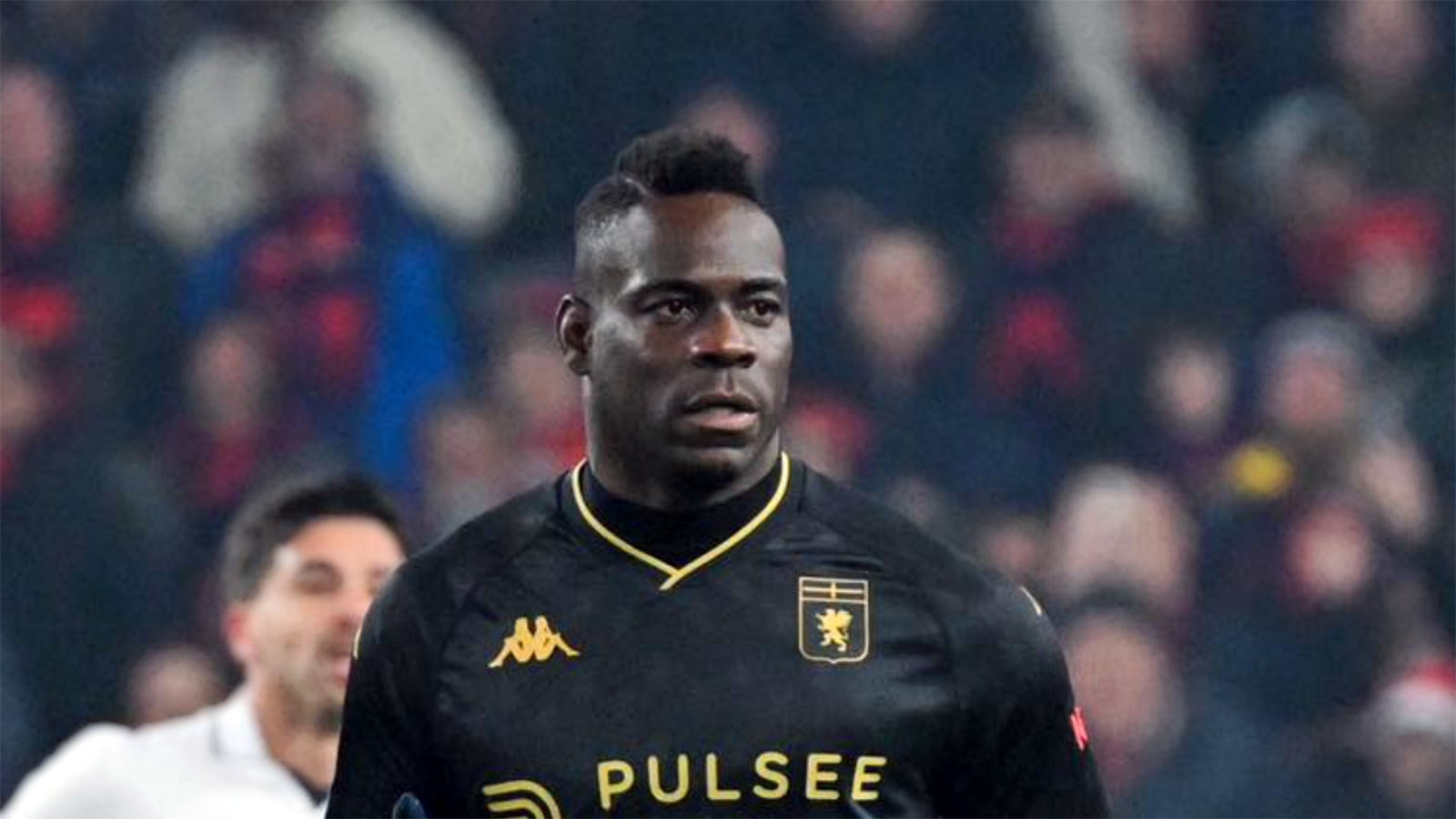Quick Read
- Mario Balotelli broke into Inter Milan’s first team at age 17, quickly drawing praise for his talent.
- His time at Manchester City was marked by spectacular goals, controversy, and media attention.
- Balotelli starred for Italy at Euro 2012 but struggled at the 2014 World Cup.
- After leaving City, he played for multiple clubs across Europe, with varying degrees of success.
- Balotelli’s career is remembered for both his brilliance and his off-field drama.
The Early Spark: From Palermo to Inter’s Spotlight
Mario Balotelli’s story begins in Palermo, Sicily, but it’s in the industrial north of Italy that his footballing talent first turned heads. Adopted by the Balotelli family as a toddler, Mario’s childhood was marked by both love and adversity. On muddy pitches and in bustling youth tournaments, coaches saw a forward who was physically strong, technically sharp, and—above all—fearless.
By 17, he was already breaking into Inter Milan’s first team. José Mourinho, never one for easy compliments, called him “one of the most talented young players I’ve ever coached.” The praise was warranted: Balotelli scored crucial goals in Serie A and the Champions League, his swagger unmistakable. But alongside his brilliance, there were flashes of rebellion—arguments with teammates, red cards, and a seeming inability to toe the club line.
Manchester City: Fireworks, Fame, and Friction
Balotelli’s move to Manchester City in 2010 was a turning point. The Premier League is known for its intensity and spotlight, and Mario embraced both with gusto. He scored in crucial matches, celebrated with theatrical flair, and became a tabloid sensation overnight. His ‘Why Always Me?’ shirt, revealed after scoring against Manchester United, became iconic—a playful jab at the media storm that constantly swirled around him.
Yet, on and off the pitch, unpredictability ruled. Fireworks in his bathroom, training ground bust-ups, and public spats with manager Roberto Mancini were never far from the headlines. Still, when City clinched their first Premier League title in 2012, it was Balotelli’s clever pass to Sergio Agüero that set up the historic winner. For a moment, his talent overshadowed the tumult.
Italy: Euros Glory and World Cup Disappointment
International duty brought out another side of Balotelli. At Euro 2012, he was unstoppable—his brace against Germany in the semifinals remains a high point in recent Italian football history. Shirtless, defiant, and sculpted like a Renaissance statue, he stood as a symbol of Italian hope and diversity.
But the World Cup in 2014 told a different tale. Italy crashed out early, and Balotelli, expected to lead the line, was criticized for lack of discipline and focus. The highs and lows of his international career mirrored his club journey: brilliance interspersed with controversy.
Journeyman Years: Searching for Stability
After leaving City, Balotelli’s career became a patchwork. AC Milan, Liverpool, Nice, Marseille, Brescia—the list grew longer, but the spark seemed harder to find. In France, he rediscovered form briefly, scoring prolifically for Nice and enjoying cult status among supporters. Yet, issues with coaches and teammates persisted. At Liverpool, his stint was short-lived, marked by missed chances and questions about commitment.
In recent years, Balotelli has featured for lesser-known sides like Monza and Adana Demirspor, still capable of moments of magic but increasingly a figure of nostalgia rather than present glory. The football world often wonders: how did a player of such gifts end up wandering, searching for a home?
The Balotelli Paradox: Talent vs. Turmoil
Few players have inspired as much debate as Mario Balotelli. His supporters argue that racism, relentless media scrutiny, and managerial mistrust all played roles in shaping—and sometimes stifling—his career. Critics point to a lack of professionalism, saying his own decisions held him back. Both narratives contain truth.
Balotelli’s own words often reveal a mix of frustration and pride. “People judge me for things I didn’t do, but never for the goals I scored,” he once remarked. The line between myth and reality blurs when discussing his legacy. He’s been a lightning rod for discussions about diversity in Italian football, a cult hero for City fans, and a cautionary tale for young talent.
Legacy: What Remains and What Could Have Been
At 34, Balotelli still laces up his boots, hoping for one more chapter in a career that has defied convention. His highlight reels are filled with jaw-dropping goals, his interviews with moments of candor and humor. Yet, the sense of unfinished business lingers.
Football, like life, is rarely straightforward. Balotelli’s journey is a reminder that talent is only part of the equation. Support, stability, and self-discipline matter just as much. As fans look back, many will see not just the fireworks and headlines, but the flashes of genius that made Mario Balotelli one of football’s most unforgettable enigmas.
Mario Balotelli’s career stands as both a warning and an inspiration—a testament to the complexity of sporting talent, and the importance of environment and guidance in nurturing greatness. His story isn’t just about goals or controversy, but about the human struggle to realize one’s potential in a world that rarely offers second chances.

